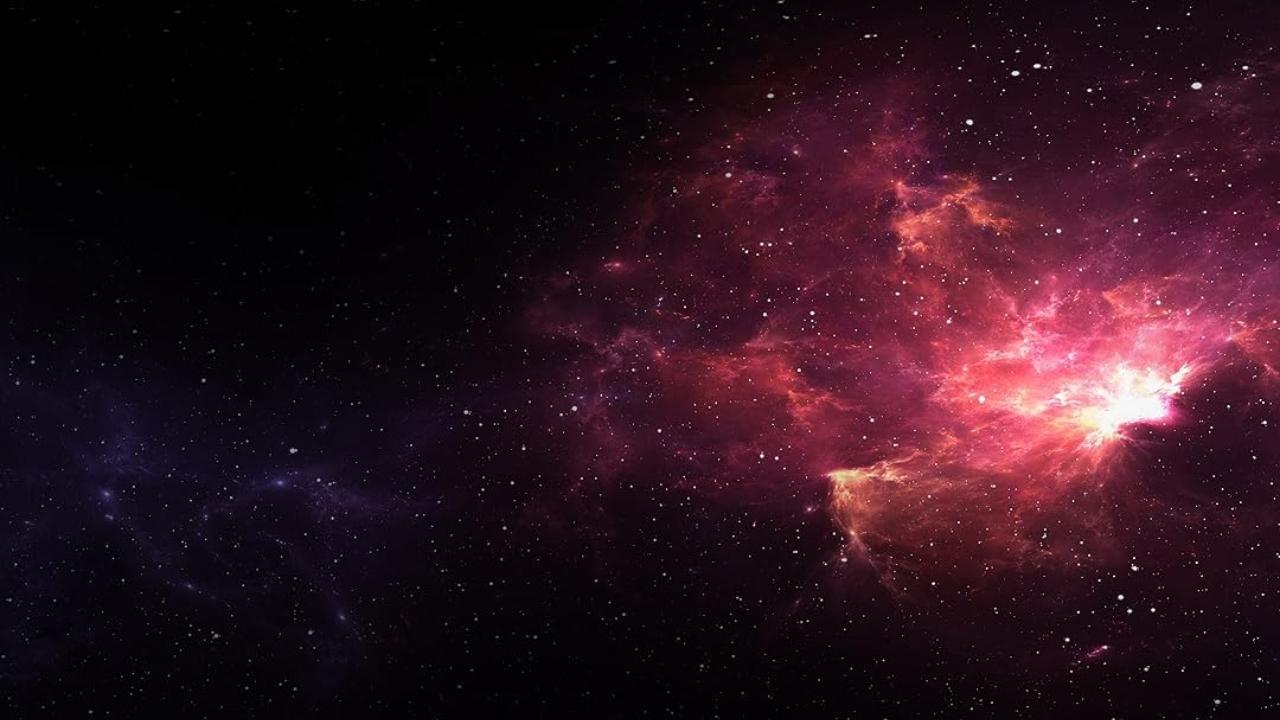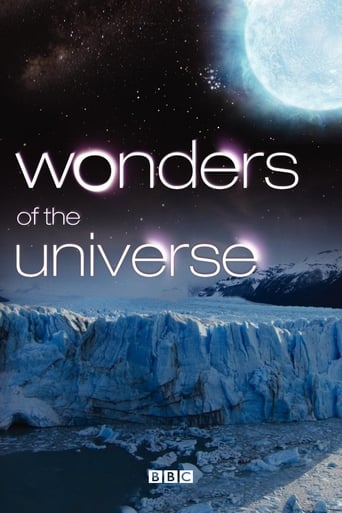

one of my absolute favorites!
... View MoreIn truth, there is barely enough story here to make a film.
... View MoreWorth seeing just to witness how winsome it is.
... View MoreAn old-fashioned movie made with new-fashioned finesse.
... View MoreThis brilliant documentary made me understand the concept of universe further more from the previous documentaries i have already about the universe. Brian Cox, as most people already said is involved more in this subject, but i quite frankly like it, because he explains concepts, principles and other factors which occurs in the universe with simple details and in ways which are totally understandable easily if you tried to listen well. I totally loved this series. The visuals are so good too. If you have downloaded in the best quality, you would definitely feel amazed in the first episode itself, when Brian cox explains things with grains of sand, in which the sand grains are so detailed and lovely to watch too. I definitely recommend this series to everyone who wants to learn about the universe and it's concepts.
... View MoreA uncharismatic big toothed northern gentleman presents a show about the universe.But rather than use "cool" diagrams,cgi or the like to explain his "simplfied "concepts we have an endless series of exotic locales with our presenter gurning and babbling in the corner of the shot.He spends about two sentences in each part of the world for no good reason other than to waste wheel barrows full of the license payers money by shipping a film crew around the World just so he can say very little .Here a tip if your going to have a show called wonders of the universe try showing THE UNIVERSE rather than endless shots an overly enthusiastic aging hippy
... View MoreProfessor Brian Cox takes up the charge of exploring our planet and explain the motions of the Universe and everything that it is made of, thus explaining gracefully with simulated and beautiful depictions of our place in this planet and the Universe at large. One has to keep in mind, this is not a nerd show which will highlight all pro-level science talk. Men like Brian Cox, Neil Tyson are science communicator and popularizer. The main purpose of this show is to bring young minds who fear science in this wonderful fascination and its justifications,and to make them understand how profound are the immutable laws of physics and other sciences, when it comes to the grandest of stages i.e. life of the stars. The show did that quiet splendidly. So if solar system and galaxies have been your fascination, but you were always afraid of the big science formulas and terms, this is your chance to get hold of them, and understand the beauty they have and represent.
... View MoreSome reviews on here are either woefully stupid or they just don't understand the reason for this program.Now bear with me here: this is a prime time show on mainstream television. Did you understand that? No? Well just to clarify: the program doesn't assume we are all scholars in the fields of cosmology, particle physics, thermodynamics and quantum mechanics. This is a TV show, not a lecture. Although one reviewer seems to think that gravity is not a force (it is), so would have been utterly confounded by a proper lecture.As someone who does know a fair bit about cosmology I watched this show with high hopes, as I very much enjoyed the previous series Solar System. It certainly lived up to my expectations. I watched it with my mother, who previously had little interest in the subjects covered, and she became more and more fascinated as the series progressed. This, I suspect, is the whole reason for the show: to bring science to the masses, rather than keep the knowledge within a group of people who already know it. So to summarise: if you are well versed in physics and want to learn something new then you should probably avoid this show. However if you are merely interested in astronomy, cosmology et al and want a plain, easy to understand welcome to the field then I very much recommend this show.Very well done BBC!
... View More